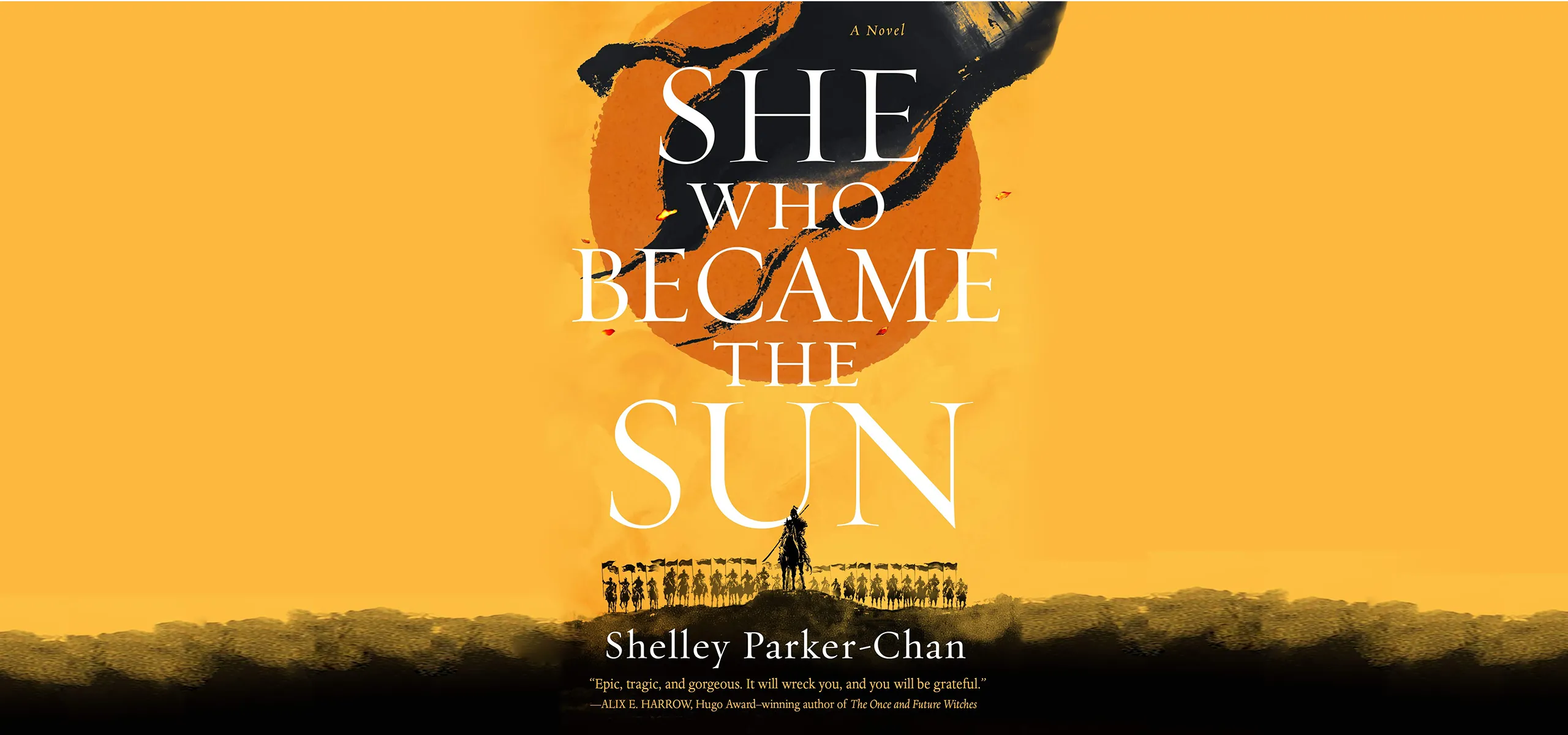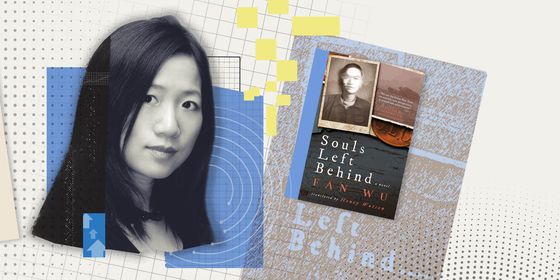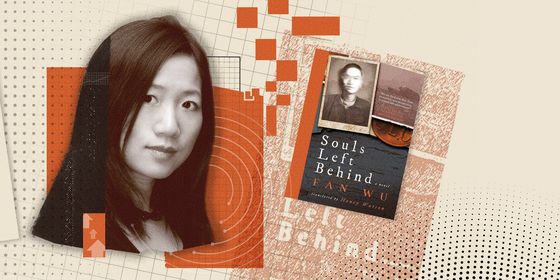Asian-Australian author Shelley Parker-Chan’s “She Who Became the Sun” may not be historically accurate, but that’s not the main reason to read it
There ought to be a rule for reviewers of historical fiction, especially novels set in ancient China: Whether the novel is “historically accurate” doesn’t matter.
The past can be a powerful point of departure. Setting a story—even if it also includes fantasy elements—in an actual historical period merely saves the author from the exhaustive task of world-building, while providing rich opportunities for fun Easter eggs that will delight historically informed readers.
She Who Became the Sun is the first in a duology by award-winning Asian-Australian author Shelley Parker-Chan and is loosely based on the rise of Zhu Yuanzhang (朱元璋), who founded the Ming dynasty in 1368. Parker-Chan takes liberties with certain characters, most notably making the protagonist not the historical Zhu but his fictional genderfluid sister, who assumes his identity and proceeds to reshape history.
Like in a good Marvel movie, those who have “read the book” (i.e., are familiar with the legends and stories of Chinese history) will have fun identifying who is who, and which plot twists depart from the historical record, while those who are less up on their Ming chronicles will still enjoy a ripping good yarn. Parker-Chan’s website includes a crib and links to the actual biographies of some of the protagonists and antagonists, and fantasy fans who can work out the tangled Targaryen family tree on House of Dragons won’t have any trouble diving into the chaotic world of China in the 14th century.













